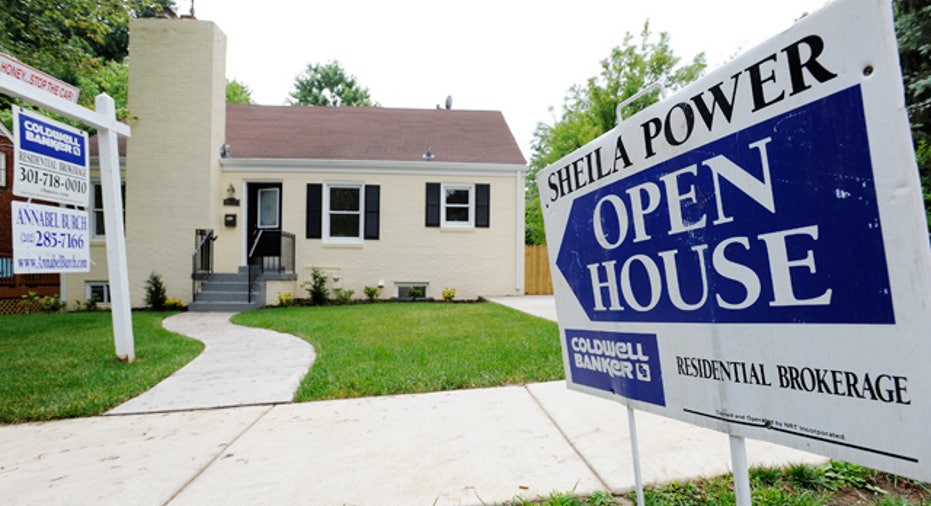Three Reasons Why Sellers Shouldn’t Be Present for House Showings

It’s the dreaded question real estate agents fear when speaking to the seller. “May I be present at the open house or showing?”
At this point, most agents will pause, take a deep breath and think of all the reasons why this is the worst idea possible. Having the seller present during an open house or showing of their property is almost always a bad idea. Here are three reasons why.
1. The seller’s presence will make buyers feel awkward.
Home buyers need to feel as comfortable as possible when looking at a potential new home. It’s a big investment, and they should feel welcome to open closets, look in cabinets, look behind the couch, or put their ears up the walls or windows. A serious buyer of a property needs to do whatever they can to learn about the home.
In the presence of a seller, the buyer may feel like a guest in a stranger’s home, a patron at a museum, or something in between. They spend too much time being cautious and not enough time really delving into the property. When buyers don’t feel completely comfortable to explore, they may miss the intricacies of a property. Or they might not give the home a fair chance. This means a missed opportunity for both the buyer and the seller.
2. Sellers tend to talk too much.
Honesty is always the best policy, of course. But don’t forget that this is a “sales” process, and that less is usually more. Let’s say a potential buyer asks the seller about the neighbors. “Oh, we love our neighbors!,” the seller answers. “They drop by our house all the time and we do the same. They’ve got high school-age kids, too, who are a lot of fun. It’s one big, constant block party!” While some might like this idea, others who value their privacy will be turned off.
3. Sellers can get hurt feelings, which can cost them money.
A seller may experience hurt feelings from questions or comments that buyers ask. This could lead to a negotiation that starts off on a bad note.
For example, a buyer touring a home with dark colored walls, floors and heavy window coverings asked his agent what it would cost to refinish the floors and paint the place. The seller, who preferred the dark, was insulted by the questions and immediately went on the defensive. When the low offer came in from that buyer, the seller couldn’t help but think that they were trying to discount the price to pay for those cosmetic changes. The seller refused to budge on price.
In this instance, emotions got the best of the seller. Ultimately, the seller lost a buyer and a good offer. The final sales price came in less than that offer by $7,500.
Exceptions to the rule
Every once in a while it helps for the seller to be present during an open house or showing.
After weeks on the market without any offers, especially with a property that needs serious cosmetic or staging work, it might be helpful for the seller to attend the open house anonymously. They can hear directly from buyers that the paint job is off-putting, how the place feels too much like a bachelor pad, and so on. The real estate agent may have been trying to tell the seller these things all along, but sometimes, independent confirmation is needed before the seller will take action.
As an example, a seller’s home was at the top of a hill. There was a steep walk from the driveway to the front door, which proved to be a major objection among potential buyers. The seller, a triathlete, just couldn’t grasp why buyers would object, and he wouldn’t budge on the price. By being present (briefly) at one open house, the seller witnessed buyers arriving breathlessly, saying snide comments like, “If I bought this home, I could cancel my gym membership.” He got the message and agreed to drop the home’s price significantly.
Read more From Zillow:
How to Break Up With Your Real Estate Agent
Tips for Living in a Staged Home
5 Things Homebuyers and Sellers Should Know About Credits



















